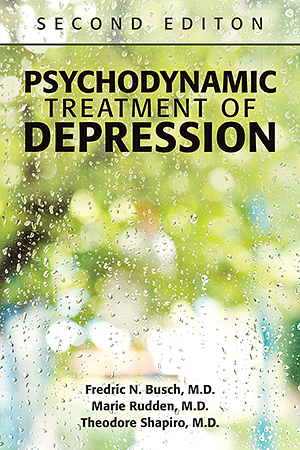Sections
Excerpt
Narcissistic vulnerability is characterized by the tendency to react to slights and disappointments with a significant loss of self-esteem (Kohut 1966; Rothstein 1984; Spezzano 1993). As noted in Chapter 1 (“Introduction”), narcissistic vulnerability has been viewed by generations of analysts as central to the development of depression. Because of its crucial role, it is important to help the patient become aware of this vulnerability and to collaboratively explore its dynamics.
Access content
To read the fulltext, please use one of the options below to sign in or purchase access.- Personal login
- Institutional Login
- Sign in via OpenAthens
- Register for access
-
Please login/register if you wish to pair your device and check access availability.
Not a subscriber?
PsychiatryOnline subscription options offer access to the DSM-5 library, books, journals, CME, and patient resources. This all-in-one virtual library provides psychiatrists and mental health professionals with key resources for diagnosis, treatment, research, and professional development.
Need more help? PsychiatryOnline Customer Service may be reached by emailing [email protected] or by calling 800-368-5777 (in the U.S.) or 703-907-7322 (outside the U.S.).



